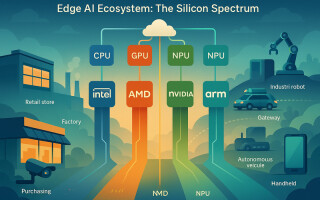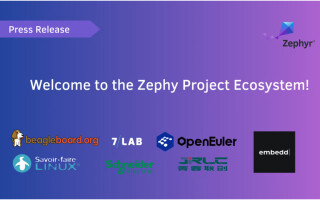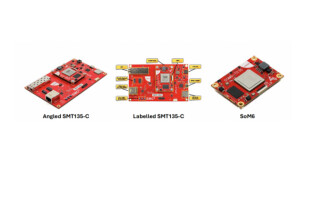SensoryCloud.ai Launches Cloud-Based Voice and Vision AI Services
January 05, 2022
News

Sensory announced the beta release of SensoryCloud.ai, a complete AI as a Service platform designed for processing voice and vision AI workloads in the cloud.
The SensoryCloud platform is launched with AI services such as Speech to Text, Sound Identification, Wake Word Verification, Face Verification, and Speaker Identification. Additional services and updates will be offered throughout the year.
With SensoryCloud, customers are offered a cloud AI platform that puts them in full control with a focus on flexibility and accuracy. Customers get complete control of how their AI solutions are deployed and how the data is managed and accessed. SensoryCloud delivers a language- and platform-agnostic AI inference engine wrapped in a highly-developed API. Further, the AI experts at Sensory leverage both open-source and proprietary solutions to ensure ideal performance that is delivered in containers through an API or light-weight SDKs.
SensoryCloud AI as a Service Includes:
- SensoryCloud Speech to Text (STT) – A GPU-accelerated speech recognition engine that can be customized to process application-specific jargon. Ideal for either streaming or batch-mode operations with typical word error rates within trained domains of less than 5%.
- SensoryCloud Wake Word Revalidation – Leveraging the experience of Sensory’s expertise in wake word detection, the cloud-based verification of custom, branded wake words enable up to a 90% reduction in false alarm events.
- SensoryCloud Sound Identification – Offers an extensive library of sounds with a multi-stage approach optimized for speed, efficiency, and accuracy. Developers can train and learn custom sounds, in addition to the standard sounds like alarms, sirens, breaking glass, crying babies, coughs, sneezes, doorbells, and more.
Sensory historically focused on AI on the edge. However, many embedded clients indicated a strong desire for cloud solutions with degrees of freedom not available from the typical cloud service providers. “We have a history of building fast and accurate AI models, and we paired this capability with some of the brightest and freshest minds in the cloud industry,” states Todd Mozer, Sensory CEO. “The result is a hybrid cloud platform that uses state-of-the-art AI to address customers unique needs for control, flexibility, cost, accuracy, reliability, features, latency, and privacy.”
Sensory will be providing demos of SensoryCloud AI services at CES 2022, Jan 5-8th.
For more information, visit: SensoryCloud.ai
Read more of Embedded Computing Design’s CES 2022 coverage at https://www.embeddedcomputing.com/ces-2022 or stay up to date by following the @embedded_comp twitter handle.





